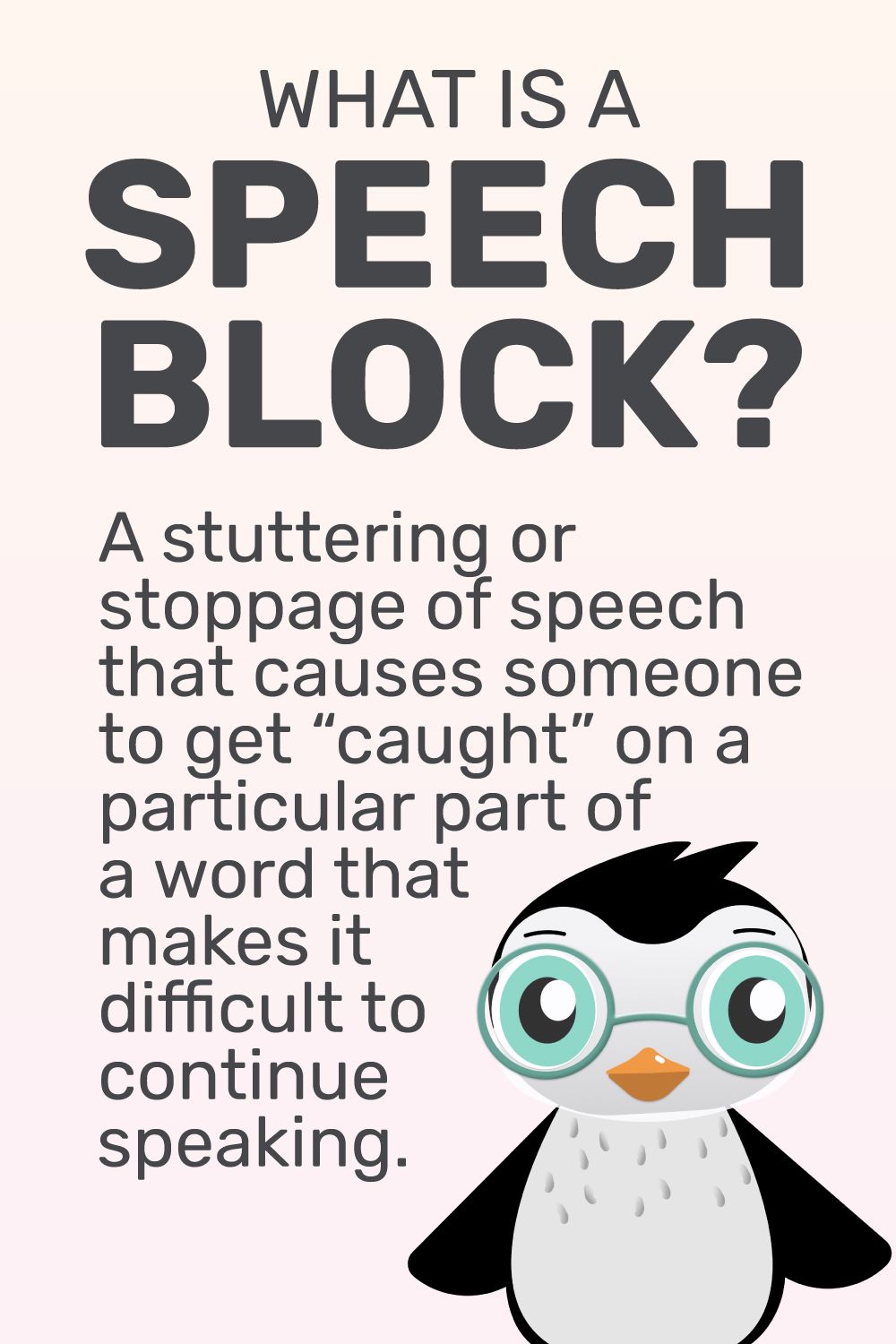Stuttering can sometimes be linked with other conditions or factors that affect speech and communication. Understanding these associations is crucial for better management:
- Autism Spectrum Disorder (ASD): People with ASD may experience stuttering as a symptom of their condition, alongside challenges in communication and social interaction.
- Genetics: Family history plays a role; if a close relative stutters, you may have a higher risk.
- Neurological Factors: Some neurological conditions or differences in brain structure may contribute to stuttering.
- Psychological Factors: Anxiety or high-stress levels can exacerbate stuttering episodes.
- Developmental Factors: Stuttering often starts in childhood, as speech and language skills are still developing.
Recognizing potential associations between stuttering and these factors can guide individuals in seeking appropriate treatment or support. If you or a loved one experiences stuttering alongside any of these conditions, remember that seeking professional help and support can lead to more effective management and improved communication skills.
This post was originally published on Feb. 17, 2023. It was updated on Jan. 7, 2024.














